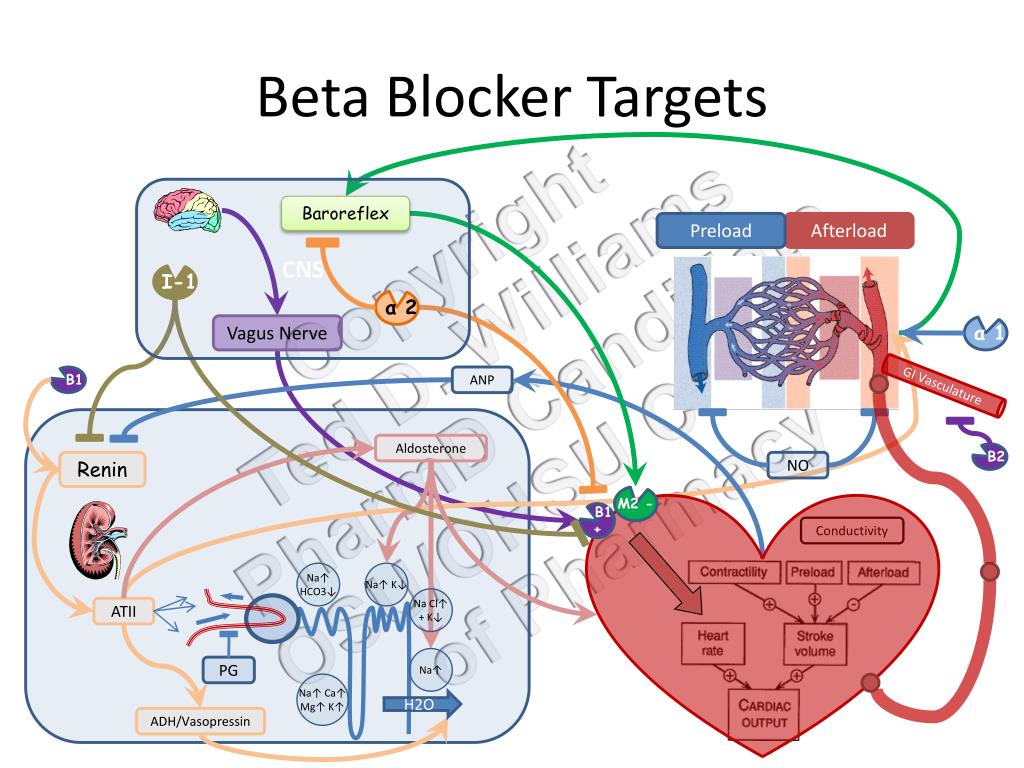The Double-Edged Sword of Fasting

The Benefits of Fasting: A Holistic Approach
Fasting, an ancient practice with roots in spirituality and health, offers a multitude of benefits that extend beyond the physical realm. By abstaining from food and drink, individuals can experience profound effects on their mental, emotional, and spiritual well-being.
Enhanced Mental Clarity and Focus
Fasting has been linked to improved mental clarity and focus due to the increased production of a protein called brain-derived neurotrophic factor (BDNF). This protein plays a crucial role in memory and learning, leading to enhanced cognitive function.
Weight Loss and Improved Metabolic Health
By restricting caloric intake, fasting can lead to weight loss and improved metabolic health. This, in turn, reduces the risk of chronic diseases like diabetes, heart disease, and certain types of cancer.
Increased Human Growth Hormone (HGH) Production
Fasting has been shown to increase production of human growth hormone (HGH), which plays a vital role in cellular regeneration, muscle growth, and overall health.
Improved Insulin Sensitivity and Reduced Inflammation
Fasting can improve insulin sensitivity, reducing the risk of developing type 2 diabetes. Additionally, it has anti-inflammatory effects, which can lead to a reduced risk of chronic diseases.
The Risks of Fasting: A Cautionary Tale
Fasting, while touted as a panacea for various health issues, can be a double-edged sword if not approached with caution. In this section, we will delve into the potential risks associated with fasting, highlighting the importance of careful consideration and consultation with a healthcare professional before embarking on a fasting regimen.
Malnutrition and Dehydration: The Unseen Dangers
Fasting can lead to malnutrition and dehydration if not done properly. When the body is deprived of essential nutrients and fluids, it can result in fatigue, weakness, and even organ damage. It is crucial to ensure adequate nutrient intake during fasting periods to avoid these complications.
Electrolyte Imbalances and Decreased Blood Pressure
Another risk associated with fasting is electrolyte imbalances and decreased blood pressure. Electrolytes play a vital role in maintaining proper fluid balance and nerve function. Fasting can disrupt this balance, leading to muscle cramps, dizziness, and even heart arrhythmias.
Exacerbating Underlying Medical Conditions
Fasting may worsen certain medical conditions, such as diabetes and low blood pressure. Individuals with these conditions should exercise extreme caution when considering fasting, as it can lead to severe complications, including hypoglycemia and dehydration.
The Psychological Toll: Obsessive Behavior and Disordered Eating
Finally, fasting can lead to obsessive behavior and disordered eating patterns. The restrictive nature of fasting can trigger unhealthy relationships with food, leading to eating disorders such as orthorexia nervosa. It is essential to approach fasting with a balanced and flexible mindset to avoid these psychological pitfalls.
Who Should Avoid Fasting?
Fasting may not be suitable for everyone, and certain individuals should avoid it altogether. It's essential to consider your health and well-being before starting any fasting regimen.
Pregnant or Breastfeeding Women
Pregnant or breastfeeding women should not fast, as it may deprive the fetus or baby of essential nutrients. Fasting can also lead to malnutrition, which can negatively impact fetal development or milk production.
People with a History of Eating Disorders
Individuals with a history of eating disorders, such as anorexia nervosa or bulimia nervosa, should avoid fasting. Fasting can trigger or exacerbate disordered eating behaviors and worsen overall mental health.
Individuals with Certain Medical Conditions
Certain medical conditions, such as:
- Diabetes: Fasting can lead to blood sugar imbalances and worsen diabetes management.
- Low blood pressure: Fasting can cause a drop in blood pressure, leading to dizziness and fainting.
- History of heart disease: Fasting can increase the risk of heart complications, such as arrhythmias or cardiac arrest.
should avoid fasting or consult with their healthcare provider before starting any fasting regimen.
Older Adults and Young Children
Older adults and young children may not have the physical reserves to handle fasting and should avoid it. Fasting can lead to malnutrition, dehydration, and other complications in these age groups.
Best Practices for Safe Fasting
Fasting can be a powerful tool for improving overall health and wellbeing, but it's important to approach it in a safe and responsible manner. Here are some best practices to keep in mind when incorporating fasting into your lifestyle.
Consult with a Healthcare Professional
Before starting any new fasting regimen, it's crucial to consult with a healthcare professional, especially if you have any underlying health conditions. They can help you determine the best approach for your individual needs and health status.
Listen to Your Body
It's essential to listen to your body and adjust your fasting schedule as needed. If you're feeling weak, dizzy, or experiencing other negative side effects, it may be necessary to modify your fasting plan or seek guidance from a healthcare professional.
Stay Hydrated
Staying hydrated is critical when fasting, as it can help reduce side effects such as headaches and fatigue. Consider incorporating electrolyte supplements into your routine to ensure you're getting enough essential minerals.
Prioritize Nutrient-Dense Foods
During your eating windows, prioritize nutrient-dense foods to ensure you're getting the vitamins and minerals your body needs. Focus on whole, unprocessed foods like fruits, vegetables, lean proteins, and healthy fats.














Comments ()